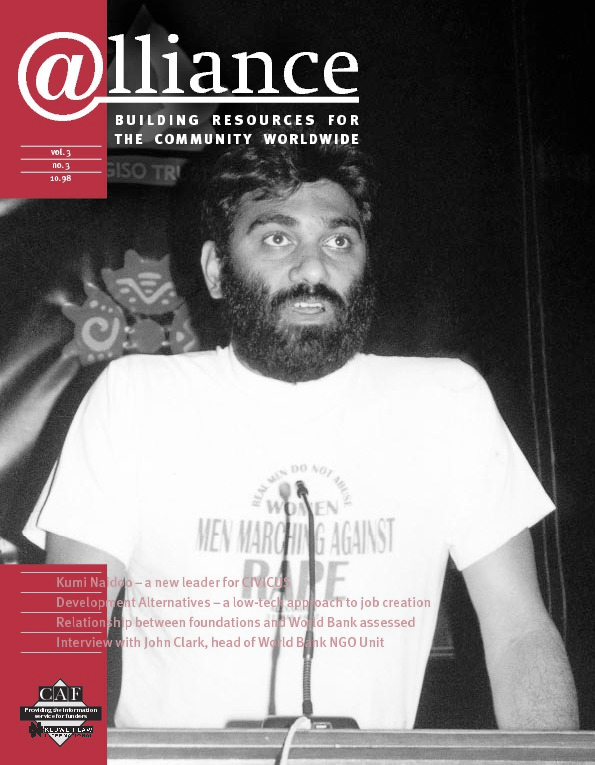Page one is a list of enthusiastic endorsements from the likes of an ex-IBM CEO and the Prince of Wales Business Leaders Forum luminary on business leadership. We must assume therefore that business leaders will like it, not surprisingly perhaps because the book is about what kind of capitalism we want rather than whether we want it at all. The markets have won the argument and business is now to be responsible not only for economic prosperity but also for the environment and also people – the so-called triple bottom line. (There is an implication that looking after people is new.)
Capitalism will be sustainable if due attention is given to no less than seven simultaneous revolutions which are all happening at the present time. These include: market unpredictability – the dreaded discontinuities; attention to values and people; and global marketing, done in a fish bowl for all to see. All this is well argued in practical ways. And yet!
And yet I am afraid for me this textbook has the hallmarks of an ‘airport’ book to be read in Club Class before the mozzarella and Chardonnay! The clichés are continuous and so is the jargon. Paragraphs have breathless headings. Dipping at random: ‘What’s New, Gurus?’ ‘ Standing on a Precipice’ and even ‘Don’t Employ Child Labour’!
More importantly, there is no recognition of countervailing arguments. ‘The Case against the Global Economy’, for example, or, more seriously, the limits of the markets. The Master of St Catherines College, Oxford, in a recent lecture Markets, Morality and Community, argued there have to be boundaries to markets. He quotes Michael Walzer, the American philosopher, saying, ‘One can conceive of the market as a sphere without boundaries, but a radically laissez-faire economy would be like a totalitarian state invading every other sphere dominating every other distributive process.’ This book takes the ‘without boundaries’ view too far. Surely we are not to abandon all cultural values and therefore diversities to markets?
All of which is not say businesses should not behave properly and with an eye to the future. They should, and I would guess this book will encourage those who read it to do so. And as they do we must say loudly ‘Well Done’. And again ‘Well Done’.
Michael Brophy is Chief Executive of CAF.
Cannibals with Forks: The triple bottom line of 21st century business
by John Elkington
Capstone
£18.99
To order, phone +44 1865 798 623 or e-mail to capstone_publishing@msn.com





Comments (0)